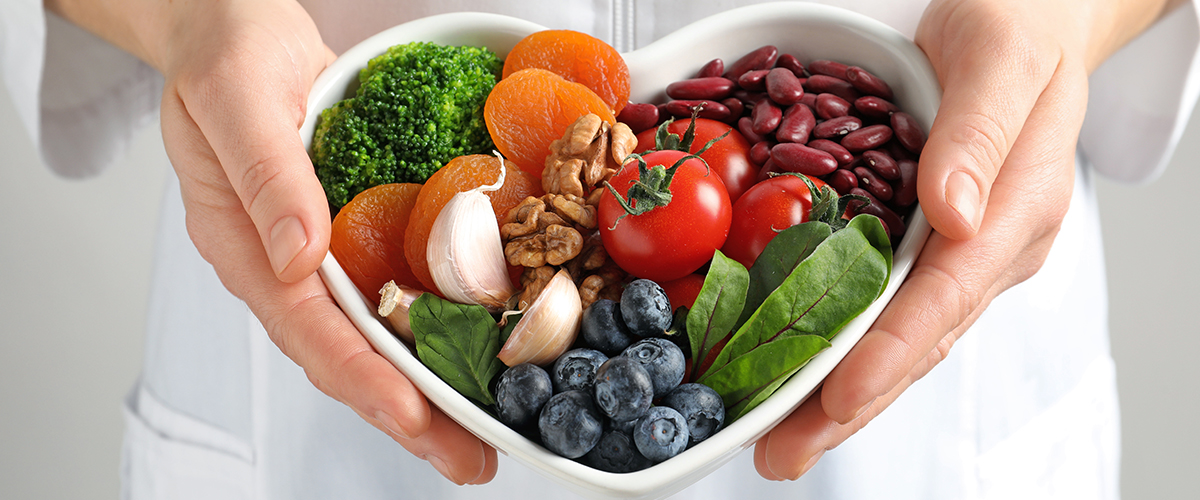People with cancer should pay particular attention to their diet. This is because your appetite may be impacted by both the illness and its treatments. Your body’s capacity for using nutrients and tolerating particular foods may also be changed by cancer and its treatments.
Each cancer patient has different nutritional requirements. You can get assistance from your physicians, nurses, and dietitians in determining your nutritional objectives and creating plans to reach them. When receiving cancer treatment, eating healthily can help you:
- Decrease your risk of infection.
- Heal and recover quickly.
- Feel better.
- Keep up your strength and energy.
- Keep up your weight and your body’s store of nutrients.
- Tolerate treatment-related side effects.
How Does Cancer Treatment Affect Your Diet?
Numerous adverse effects can result from treatments like chemotherapy and some types of radiation therapy, including:
- Constipation can make you uncomfortable and make you want to eat less.
- Diarrhea can deplete the nutrients in your body.
- Fatigue reduces activity, which lowers the use of calories and decreases hunger throughout the day.
- Taste loss can make food less appealing.
- Nausea and vomiting may cause you to lose weight by decreasing your appetite.
Nutrients You Should Consume
A healthy diet consists of a range of foods that give you the nutrients you need to fight cancer and stay healthy. Protein, carbs, fat, water, vitamins, and minerals are some of these nutrients.
Protein – Protein helps to ensure growth, to repair body tissue, and to maintain a healthy immune system. Without enough protein, the body takes longer to recover from illness and you will have a lower resistance to infection.
Carbohydrates And Fats – Carbohydrates and fats supply the body with the bulk of the calories it needs. The amount of calories each person needs depends on his or her age, size, and level of physical activity.
Minerals And Vitamins – Minerals and vitamins support healthy growth and development. Furthermore, they enable the body to utilize the energy (calories) found in food. A person typically consumes a lot of vitamins and minerals when they eat a balanced diet that includes adequate protein and calories.
Water – Fluids and water are essential for good health. You risk becoming dehydrated if you don’t drink enough water, or if you have diarrhea or vomiting.
Conclusion
For strength, energy, and recovery during cancer treatment, a healthy diet is essential. Consuming well-balanced meals that are high in protein, carbs, fats, vitamins, and minerals, along with drinking plenty of water, helps prevent side effects, strengthens the immune system, and speeds up the healing process. Treatment results and general well-being can both be enhanced by customized nutrition plans.

